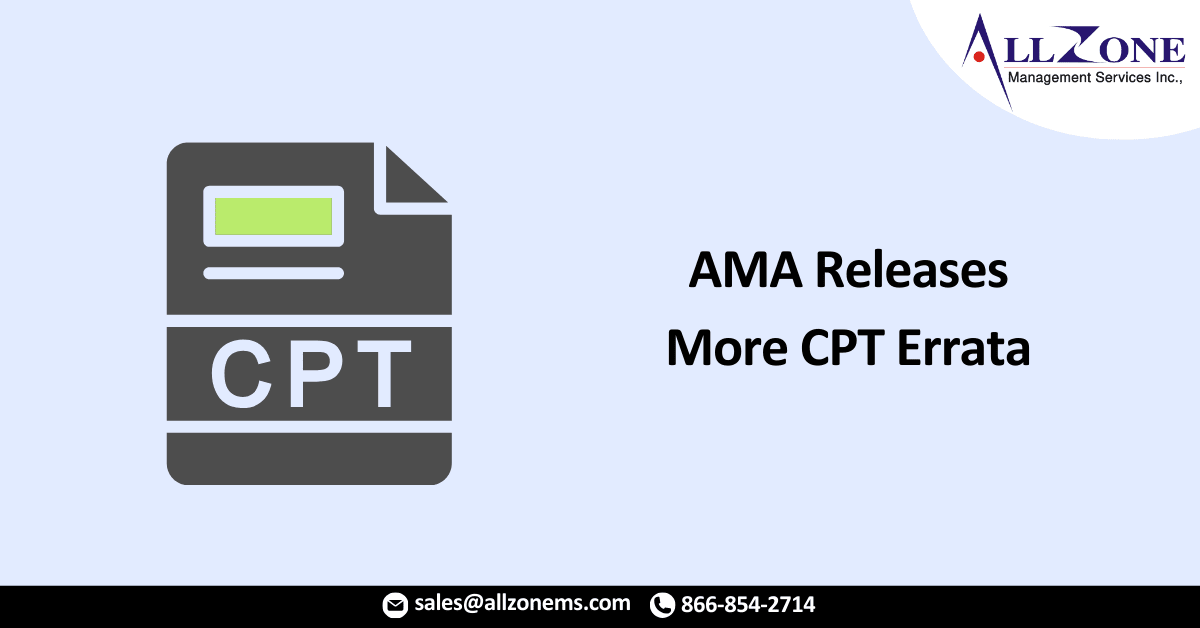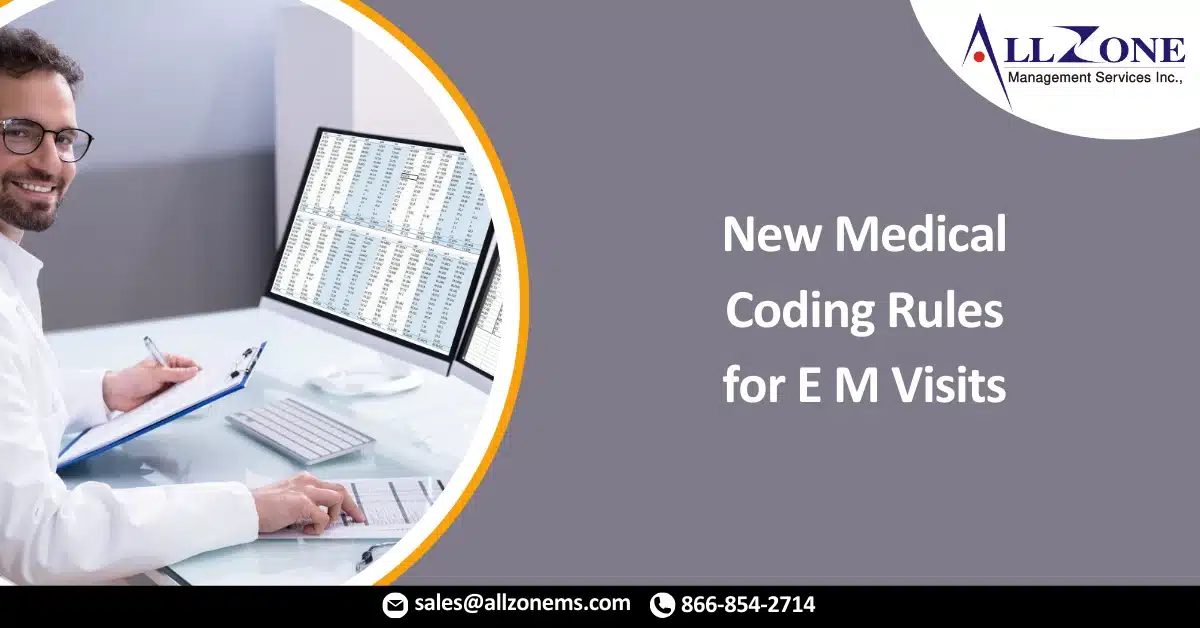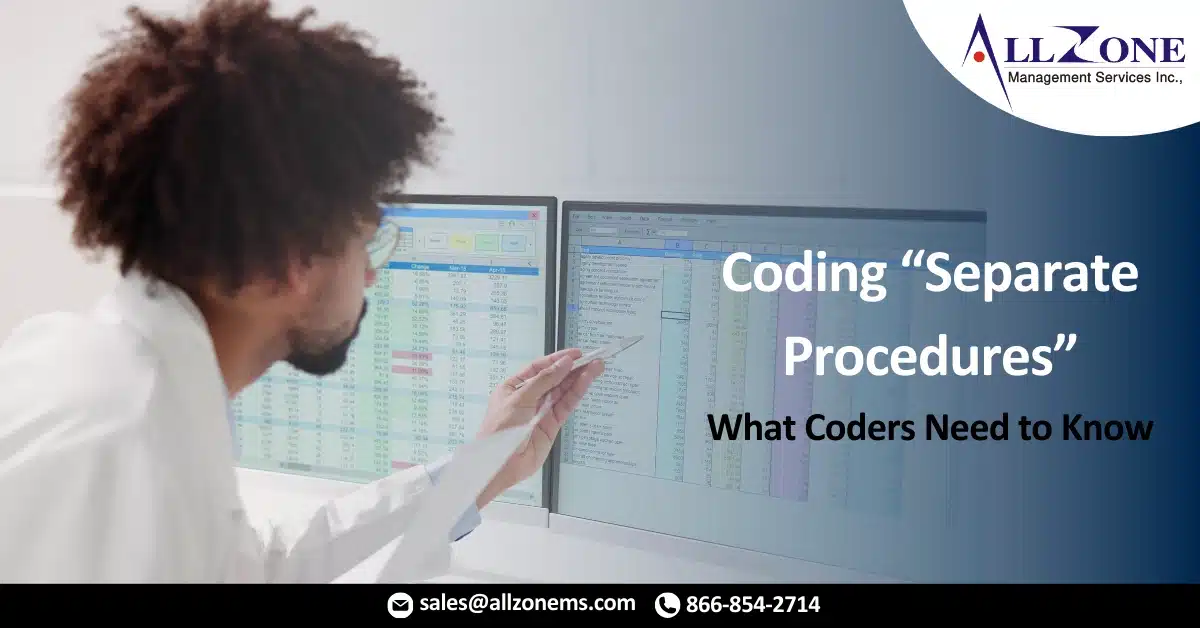Debridement is a process that involves the removal of foreign material, as well as tissue that is either devitalized or contaminated, until healthy tissue is revealed. Its primary purpose is to clean the affected area and is often performed concurrently with other orthopedic surgical interventions. In my role as an auditor specializing in orthopedics, I […]
Lately, I’ve been thinking about how to prevent claim denials, especially considering the high number of claims that were denied in 2021. As coders, we can use critical thinking skills to improve the accuracy of our coding and ultimately reduce claim denials. Critical thinking involves formulating questions, gathering information, applying the information, considering the implications, […]
E/M, Gastro, and Lab Coders, take note. The American Medical Association (AMA) announced some last-minute corrections to the CPT® code set effective Jan. 1, 2023. Add these to your code book, along with the previously released corrections, to ensure you start the year off right with accurate codes and guidelines. Evaluation and Management (E/M) In […]
CPT® 2021 includes 206 new codes, 69 revised codes, and 54 deleted codes. All sections of CPT® received changes in codes and guidelines, except Anesthesia. The most significant changes are to codes for office/other outpatient evaluation and management (E/M), prolonged services, breast repair and reconstruction, cardiovascular shunting procedures, and COVID-19 testing. Here is an overview […]
Q: Do the new 2021 coding rules for office visits apply to all payers or just Medicare and Medicaid? Also, are these rules just for office visits, or can we use them for hospital visits, nursing home services, and home visits? A: The changes to the documentation requirements are for codes 99202-99215 only and are […]
“Separate procedure” may not mean what you think. Many procedural codes in the CPT® Book are designated as “separate procedures.” However, the common misinterpretation of this is that coders can report such codes as such in every case. Not true. First, you must consider: Were there other procedures performed during the same encounter? Did you consult […]






